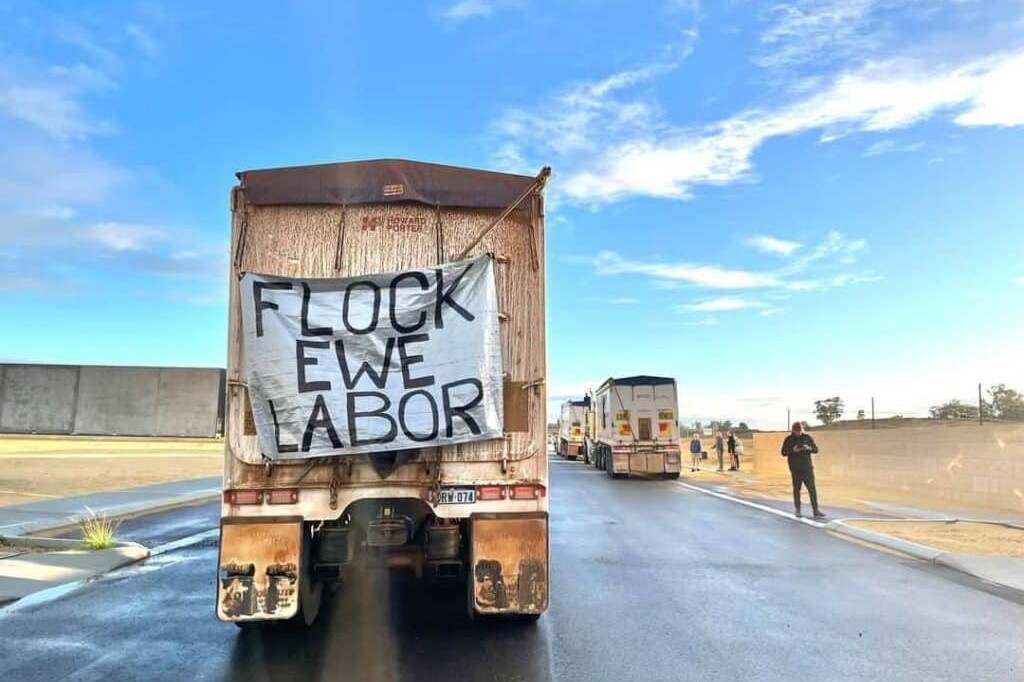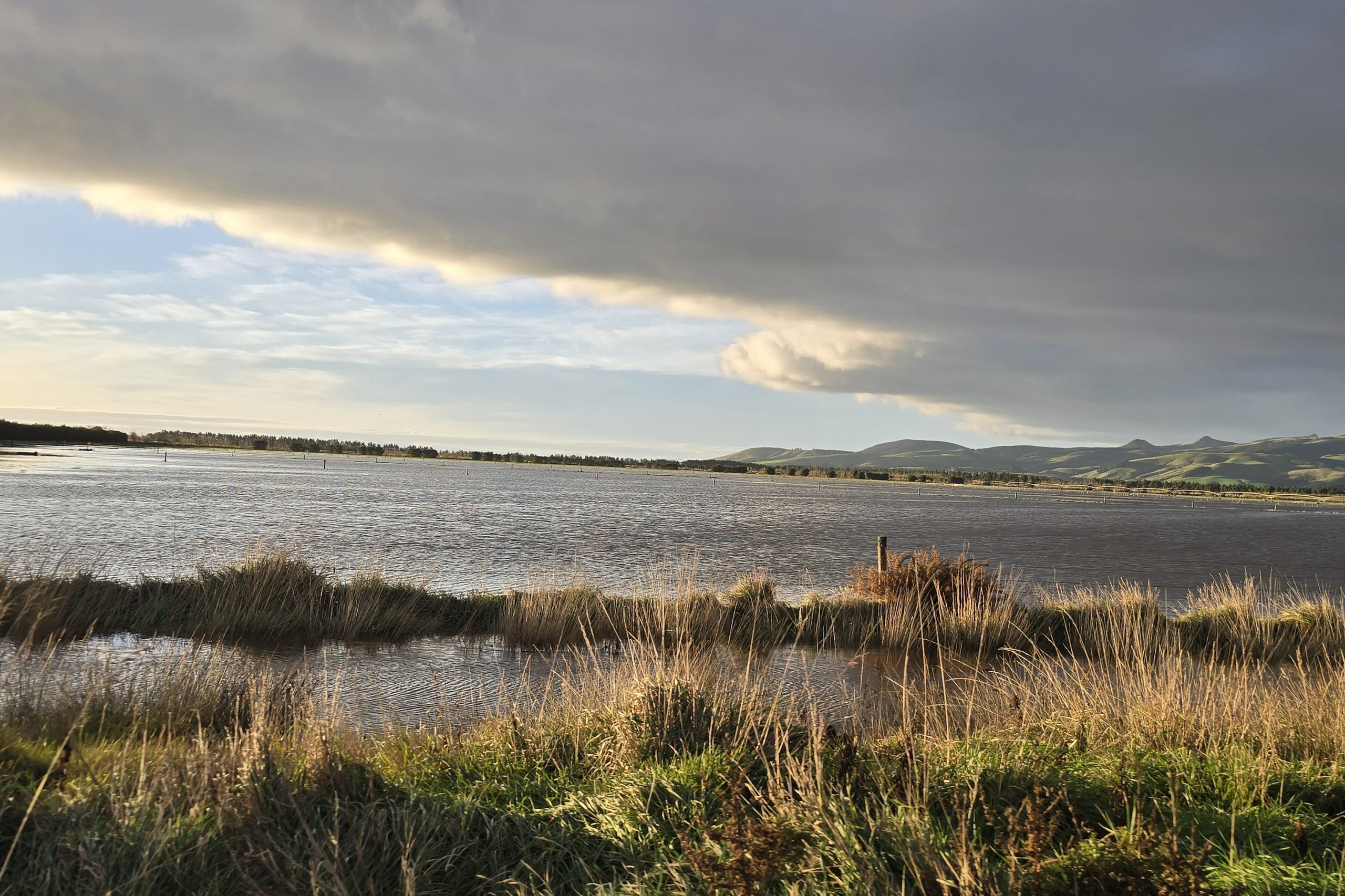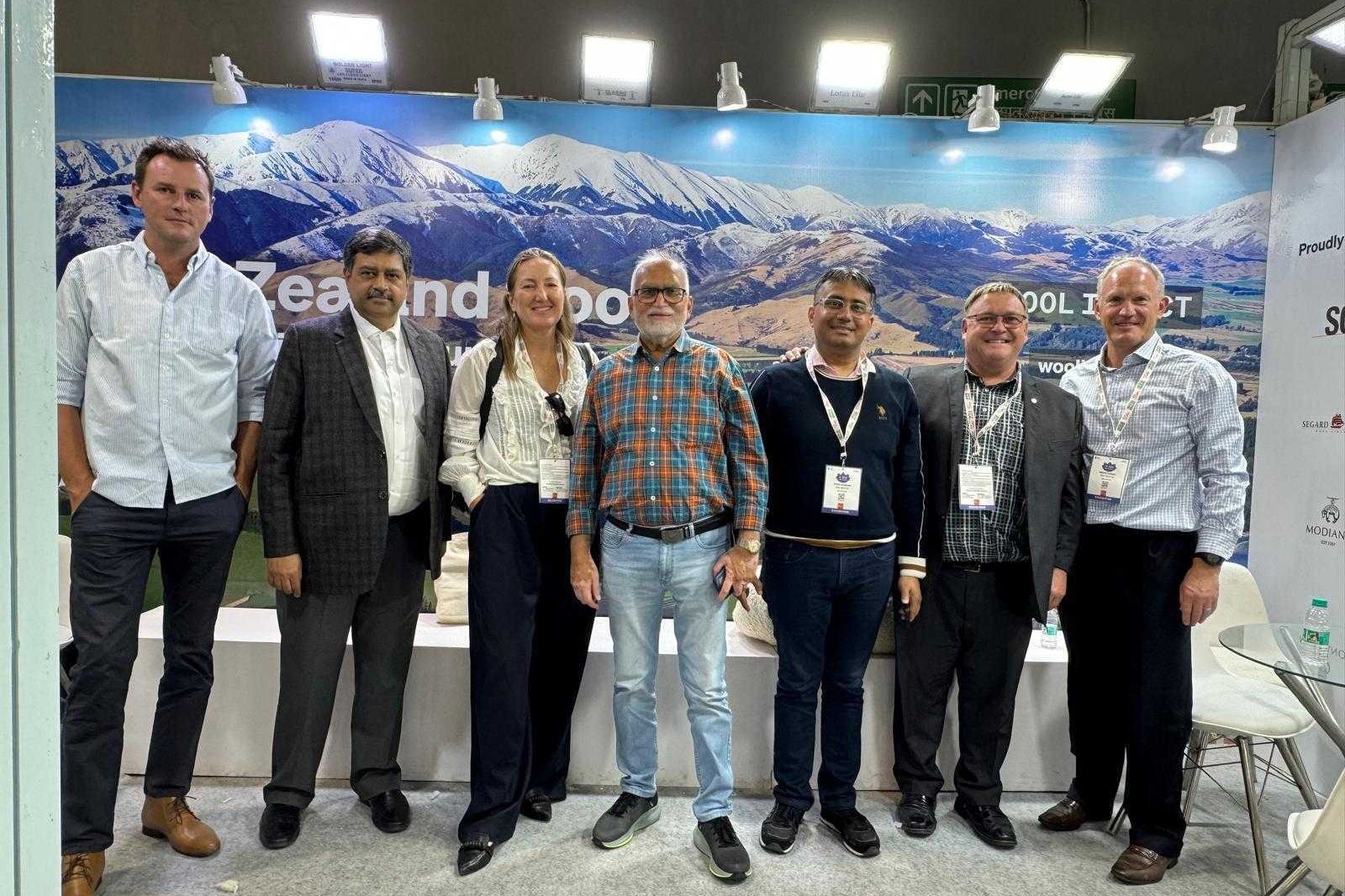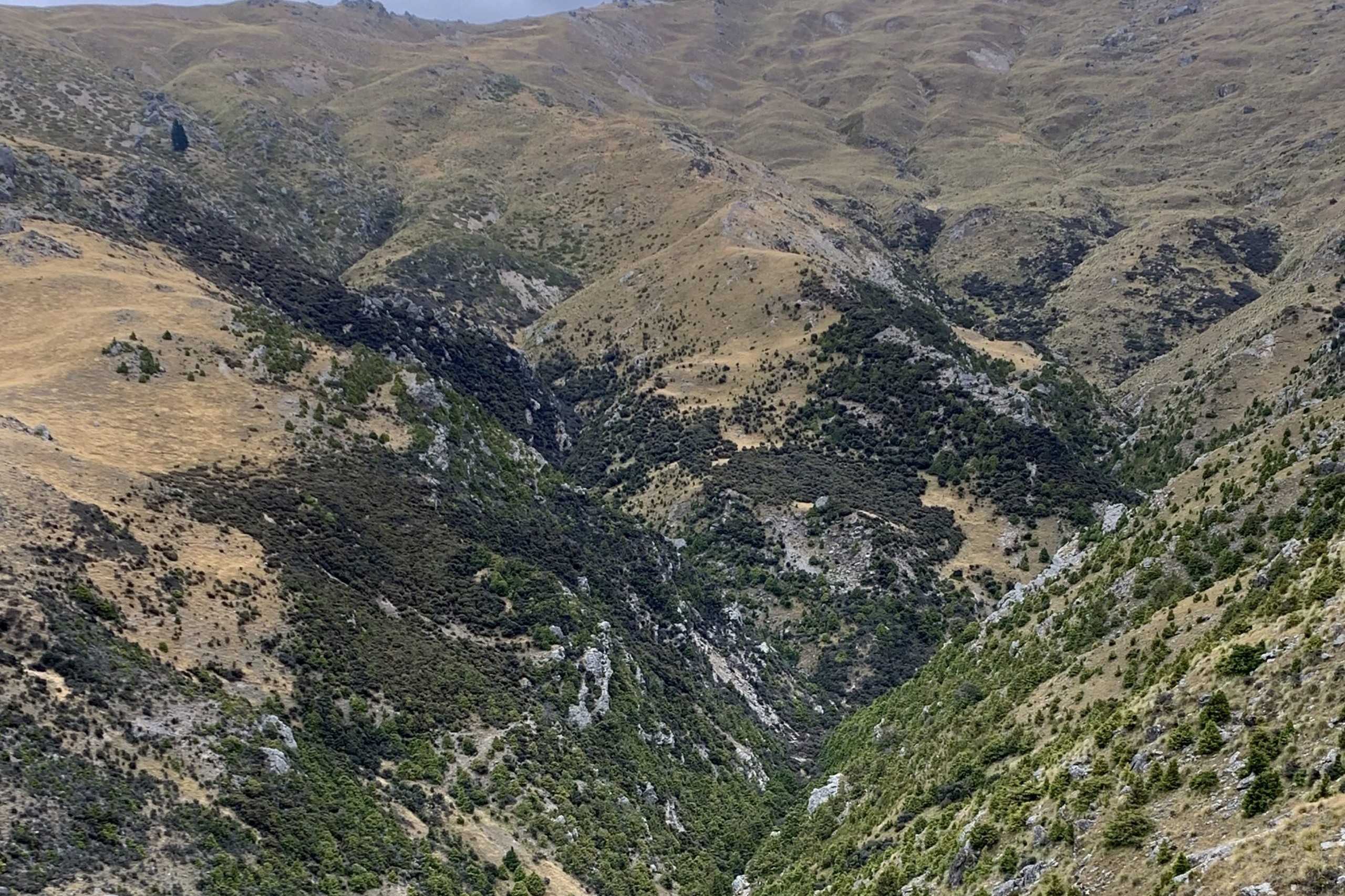Dan Shand
Culverden, North Canterbury
As I sit in a hotel room in Wellington, having spent last night at the Beehive for the announcement of our new Nuffield scholars, I am also thinking about the lambs I should have tailed and the broken barb on the driveway I haven’t got around to fixing.
I do however take solace in the fact that I am not still thinking of how I am going to feed everything like this time last year, during the drought, and the fact that my time in Wellington is an investment in the future.
Over the past 18 months I have had the privilege to sit on the Rural Leadership Board that governs the Kellogg and Nuffield programmes as the associate trustee.
During this short time the change in issues that has occurred has been significant from health and safety, environment, nutrient discharge, artificial proteins, precision agriculture, carbon dioxide emissions, biodiversity, licence to operate, value, New Zealand story, government – the list goes on.
So I thought I would mention three of the issues front of mind. The requirement for quality leadership, the conundrum Government and vision of the future for NZ Inc.
The recent election has shown the popularity contest that can occur in the change of governance. I believe we as farmers should take this example to understand that we too are guilty sometimes of selecting leaders of our future on popularity and not on whether the person has the skills to lead our organisations into the fast-changing, disruptive future.
We must consider our own approach to farmer-elected directors. If we still feel this is the right model then we must empower them with the skills and reward required to govern what can be billion-dollar businesses and more importantly change the prospects of our farming businesses also.
“The conundrum Government”
This Government is faced with a conundrum; they need to follow through on their policies but also keep the economy in the black. Immigration, environment and monetary policy all require a fine balance to ensure the change does not impact heavily on those who elected you. You must also practise what you preach as true leadership always leads by example and this is often expensive.
Immigration, environment and monetary policy all require a fine balance to ensure the change does not impact heavily on those who elected you.
An example of this is our braided rivers which have been neglected by Land Information New Zealand, the Department of Conservation and regional councils for many years while the farmers on either side have been busy fencing, spraying weeds and planting riparian areas.
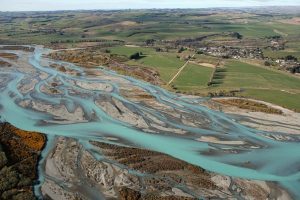
This Government must now act like farmers have in recognising and accepting responsibility and then investing in the change required.
Although we must continue to improve on our farms, finally there may be some understanding and acknowledgement for all the great work our sector has done to protect and enhance our environment.
“Make your vision so clear that your fears become irrelevant.”
As we hear through the media of the potential impacts of lab-grown food and alternative proteins on our future, we must not continually worry about the ‘what-ifs’. For the last few years we have talked of increasing the value of what we produce. The problem is that we have not been given a clear vision of what this means. Value can be successfully and profitably added to commodities so maybe we as the farmers should start by focusing on how we want our products to be perceived globally rather than the end product. That way we will create value.
I am not talking about red meat or dairy in particular I am talking of a pan-industry strategy whatever it may be. “The most environmental food on earth.” “Always Healthy Food” are a couple of examples. Whatever the experts decide we should embrace it and go.
We are all in this together and the image of one industry directly impacts on the others. Maybe we should be teaming up with NZ tourism and taking this to the world together. They would obviously have to lift their game and invest also.
At least then we would have clarity about our future and we can decide with who and how we invest. It means that we would be doing it for us (the carrot) not them (the stick).
This is not easy as you must consider what it is our consumers of the future want and also at what we already do well to enable a transition rather than a regulatory burden.
Because the one thing we can be sure of is change – if we don’t change we will be left behind.

